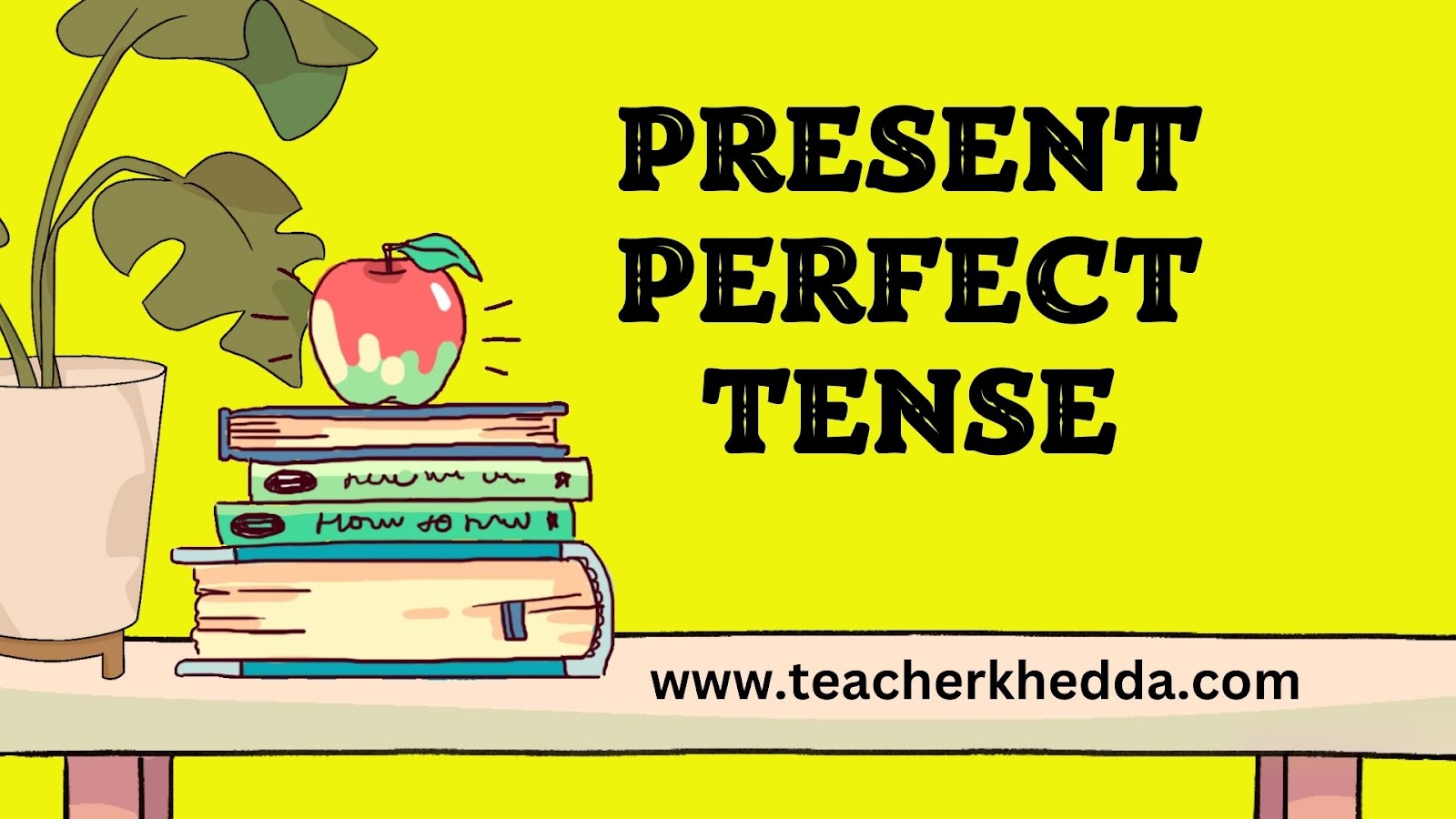As one of the most commonly used tenses in the English language, the present perfect can be a bit tricky to understand and use correctly.
In this lesson, we'll explore the present perfect tense in depth, so you can start using it with confidence.
What is the Present Perfect Tense?
The present perfect is a verb tense used to describe actions or events that started in the past and continue up to the present moment, or that happened at an unspecified time in the past.
It is formed by combining the auxiliary verb "have" (or "has") with the past participle of the
main verb.
Present Perfect Form
|
+ |
Subject + have/has
+ past participle |
|
- |
Subject + have/has
+ not + past participle |
|
? |
Have/Has
+ subject + past participle + ? |
Examples:
|
+ |
I have studied
English for three years. She has traveled to
many countries. They have never eaten Tanjia before. |
|
- |
I haven't studied
English. She hasn't visited
her parents in a while. They haven't finished
their work yet. |
|
? |
Have you
seen that movie before? Has she
finished her homework yet? Have they
traveled to Morocco? |
Uses of present Perfect:
1.
Completed actions with a connection to the present: experiences and accomplishments.
For example:
I have traveled to Morocco many times. (experience)2. Unspecified time in the
past:
For example:
She has visited Morocco.3. Recently completed actions:
For example:
I have just finished my homework.She has recently moved to a new city.
|
Signal Words |
|
|
Ever |
Have you ever been to Marrakesh City? |
|
Never |
I have never eaten Tanjia. |
|
Already |
She has already finished her work. |
|
Yet |
Have you finished your
homework yet? |
|
Since |
She has lived
here since 2004. |
|
For |
They have lived here for five years. |
|
Recently |
I have recently started a new job. |

